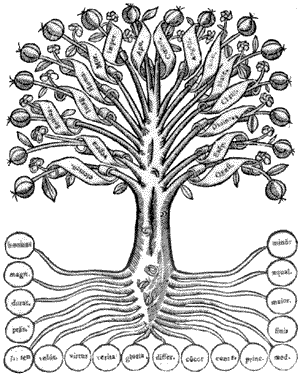Indian theorists were careful to keep separate the questions how cognition is cognized and how the self is known to exist. While Descartes’ Second Meditation would have it that in thetic awareness of our own awareness we are directly acquainted with the self, other views are possible. A substantialist might hold that, in general, in perceiving a quality of a substance one perceives that substance, or they might instead hold that, at least in certain cases, some further cognitive operation is required in order to cognize the substance that bears that quality. So a self-illuminationist substantialist could hold that, while we are always directly aware of our cognitions, the self is cognized only through introspection, or by inference or abduction. Similar complexities attend the non-self view: one might, for instance, hold that a cognition cognizes itself, yet still insist that further inquiry is needed to ascertain that the occurrence of cognition is not evidence for the existence of a self. Only in the case of self-illuminationist non-substantialism does there seem to be a particularly tight connection between the answers to the two questions. If one takes the self to be nothing but cognition, then one will naturally think of reflexive awareness as cognition of the self. But since reflexive awareness could not by itself tell us whether the cognition being cognized endures, if the self is thought to be persisting, then once again additional evidence is needed to make the identification go through. The cogito was not, for instance, unknown to Indian philosophers. But unlike Descartes, Indian self-theorists did not take it to make their case for them. Their suspicions concerning the ubiquitous I-sense held them back.
(STZS)
